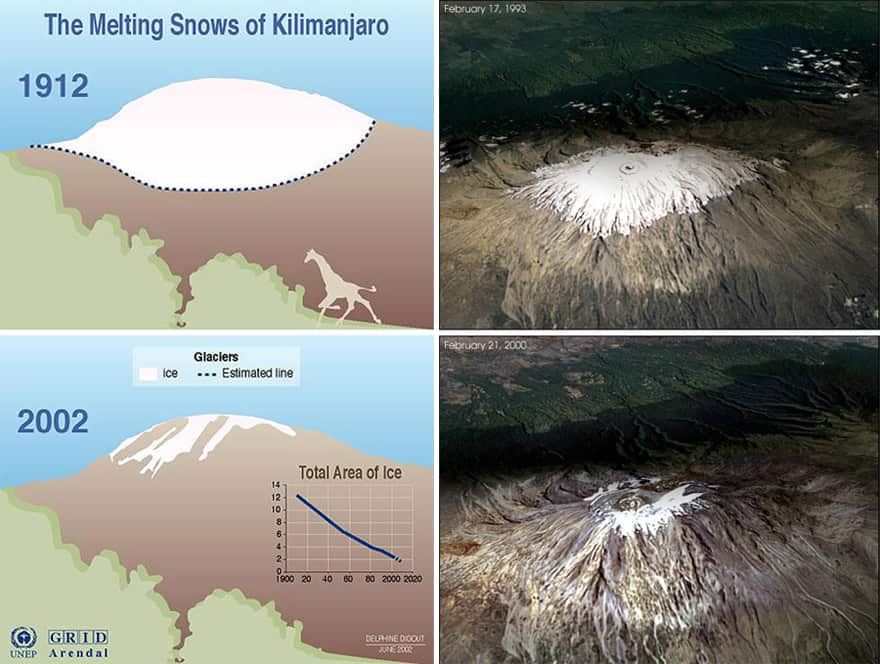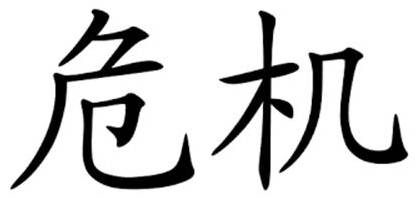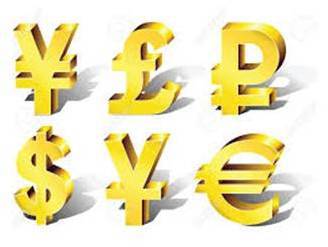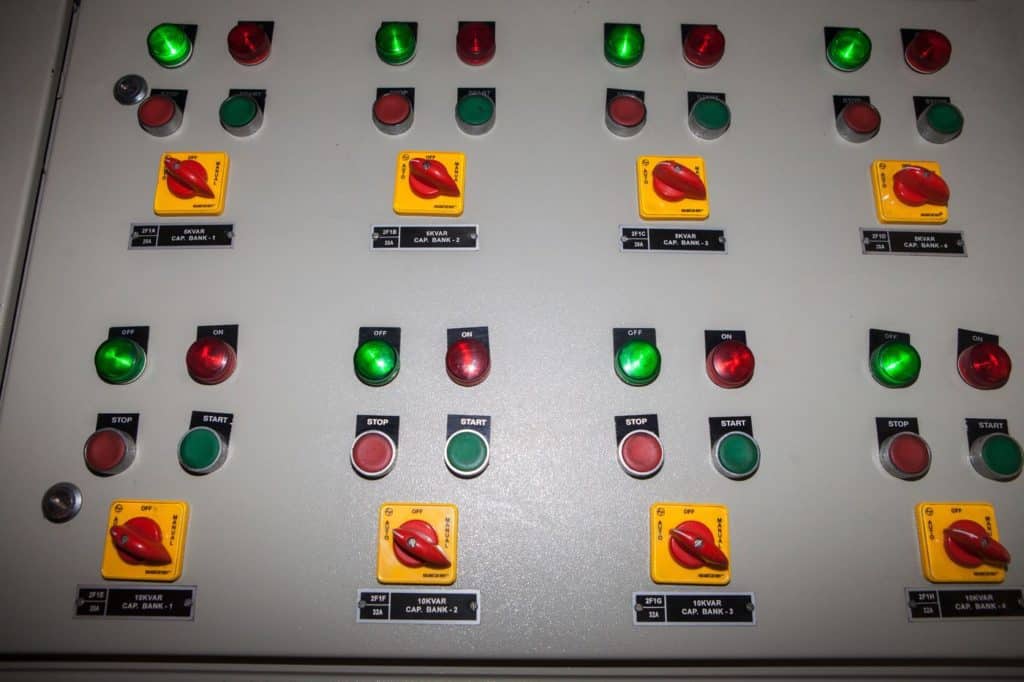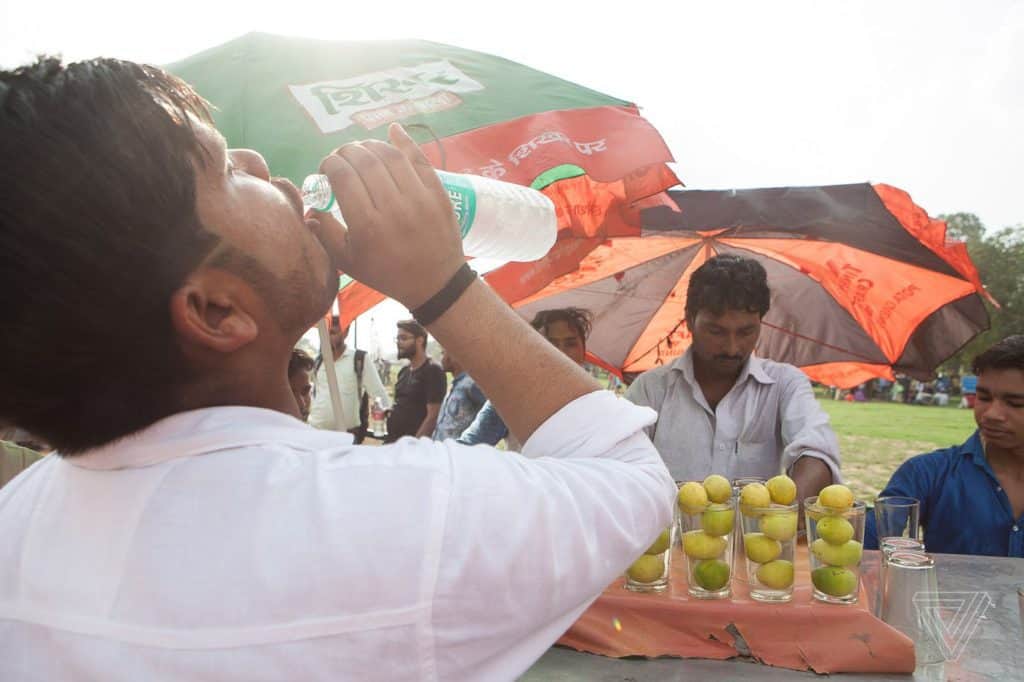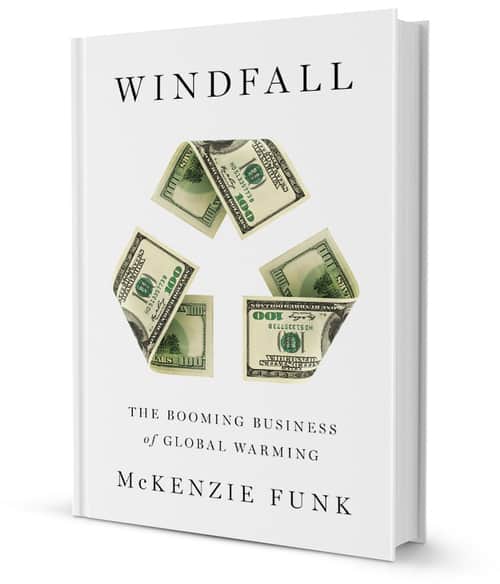Image Source: earthKAM.org
It is often quoted. You’ve been hearing it or reading it for years. Politicians and business celebrities use it in their opening lines. Motivational speakers woo their audiences with it. It is the proclamation that the Chinese character for “crisis” is a formation comprised of two characters: one signifies “danger” while “opportunity” is the meaning of the other.
Check it out at your favorite online research source, and you’ll find that this story is nothing but Fake Etymology (bogus word origin).
Here’s the current Wikipedia take: https://en.wikipedia.org/wiki/Chinese_word_for_%22crisis%22
Even if it isn’t precisely true, the concept actually does make philosophical sense. When confronted with a crisis, you have the choice of three ways to perceive it: as a danger, as an opportunity, or as both.
Perceptions of the climate situation also fall into three camps. Some see a dire threat that only humans can stop, whether they created it, or not. Others see a natural cycle that swings like a pendulum throughout the millennia. In the third camp are the opportunists, who see profit.
The term “climate change” can conjure up a wide range of thoughts and emotions. Euphemisms applicable to climate uncertainty are clichés. Is the glass half full or half empty? Do you focus on the doughnut or its hole? What’s real is society’s responses which encompass the totality of full glasses and empty ones, doughnuts and holes, dangers and opportunities. These are not fake.
Greet the Heat and Embrace It
In 1988, Achel Bakeri, now one of the wealthiest people in India, founded Symphony, the world’s largest manufacturer of cooling systems. At the start, Symphony’s customers were all domestic, but in the last 10 years, climate change has showered them with export opportunities. A record heat wave that hit Russia in 2010 opened the floodgate for Symphony. Their core customers stretch from the Middle East to North Africa. Heat waves in Europe have broadened their coverage to Germany and UK. Symphony’s biggest project (the biggest air cooler project anywhere, so far) is in Mecca.
Photo by Prarthna Singh
The company is featured in an article published on The Verge (theverge.com) by Josh Dzieza. It is entitled The Race Against Heat and subtitled “How do you cool 7.5 Billion people on a warming planet?” The author quotes Symphony’s sales VP, Rajesh Mishra, who sees climate change as a threat as well as a business opportunity. “It looks bright!” he said, laughing, when I asked him about the future of the cooling industry. “It is bright because of the changing climate, unfortunately. This is an irreversible process, and now with the great Mr. Donald Trump pulling out of the treaty, things will become even worse,” he said, smiling grimly.
Sensibilities such as Mishra’s are real, not fake. There is an old saying: “When life gives you lemons, make lemonade!”
Photo by Prarthna Singh
Benefactors
Regardless of the cause, the Arctic is warming. It is real, not fake, news. Greenland’s onshore glaciers have been retreating to reveal significantly large mineral deposits. These include iron, zinc, uranium and gold. Not only are diamonds there too, but the lodes of rare earth elements may rival those in China. As the Atlantic Ocean has been getting warmer, fish populations are seeking a colder environment. Mackerel, herring, cod, halibut, haddock and blue fin tuna have been migrating into Greenland’s waters. This windfall is merely the flip side of the other story. It is the corollary of rising sea levels that could extinguish any island nations left after the cascading catastrophic weather events get their first licks.
The New England cod business is collapsing because the cod swam away to a colder place. They will be caught and sold by someone else. That’s business. Speaking of climate change windfalls, there is a host of examples in McKenzie Funk’s book Windfall: The Booming Business of Global Warming (Penguin Press, 2014).
“Global warming’s physical impacts can be separated into three broad categories: melt, drought, and deluge. Funk travels to two dozen countries to profile entrepreneurial people who see a potential windfall in each of these forces.”
“The melt is a boon for newly arable, mineral rich regions of the Arctic, such as Greenland-and for the man-made snow trade. Drought creates opportunities for private firefighters working for insurance companies as well as for fund managers backing south Sudanese warlords who control local farmland. The deluge (rising seas, surging rivers, and super-storms) has been our most distant concern.”
“However, for Dutch architects designing floating cities and American scientists patenting hurricane defenses, the race is on. By letting climate change continue unchecked, we are choosing to adapt to a warming world. Containing the resulting surge will benefit some, but much of the planet will suffer. McKenzie Funk has investigated both sides, and what he has found will shock us all.”
-Scott Mathews

